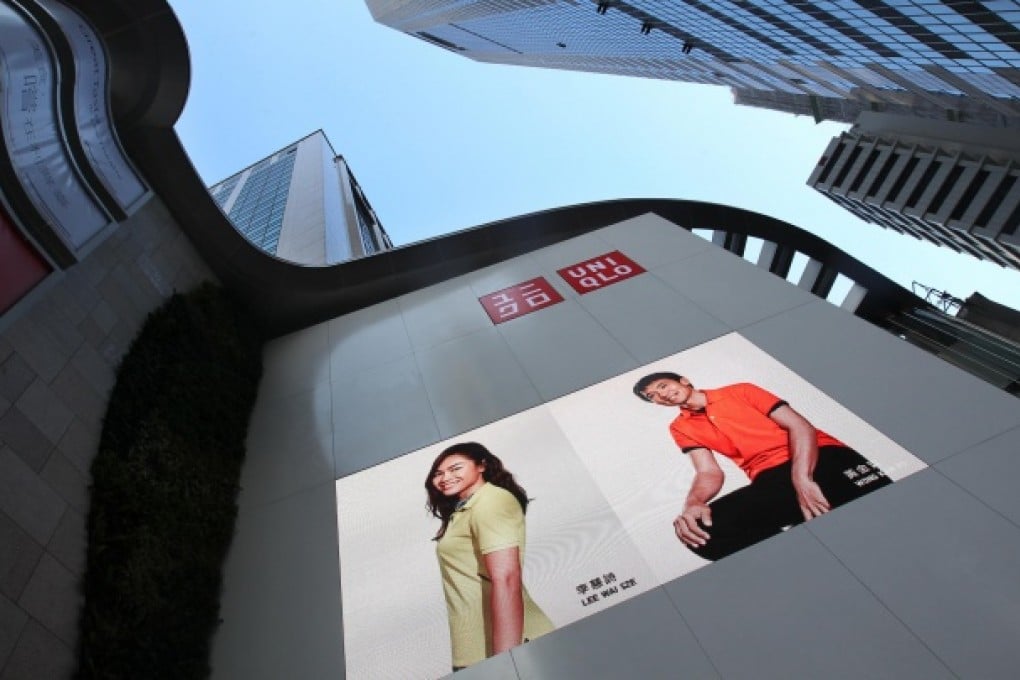Material world: Uniqlo's Tadashi Yanai found inspiration in Hong Kong
Uniqlo founder Tadashi Yanai has designs on the global clothing trade. After learning lessons in Hong Kong, he wants his brands to dominate it

For Tadashi Yanai, Japan's wealthiest man, Hong Kong represents a special place where his vision to create a world-class apparel and retailing business was honed.

Fast Retailing is currently the world's fourth-largest apparel company, with a portfolio of seven brands, more than 1,200 retail stores and global sales of about US$9.5 billion for its past fiscal year ended August.
Yanai wants it to become the world's No 1 apparel retailer and increase its sales to 5 trillion yen (HK$393.62 billion) by 2020, led by the Uniqlo brand.
"To reach that goal, we are making clothes that fit everyone's daily needs," Yanai said last week in Hong Kong. "We hope that everyone thinks of Uniqlo when they think about clothing."
It has taken Yanai nearly 41 years to build a strong, international retail empire since he joined his family's retail business, Ogori Shoji, in August 1972, after a short stint at supermarket chain Jusco. The business was started by his father, Hitoshi Yanai, in 1963 in Ube, a city in Yamaguchi prefecture on the eastern side of Japan's main island of Honshu. It ran a chain of 22 stores that mostly sold ready-to-wear men's suits.
When the younger Yanai took over the business as managing director in 1984, he founded Uniqlo and opened its first store in Hiroshima. This warehouse type-shop sold low-priced, imported casual wear, without the Uniqlo brand, targeted at teenage boys.